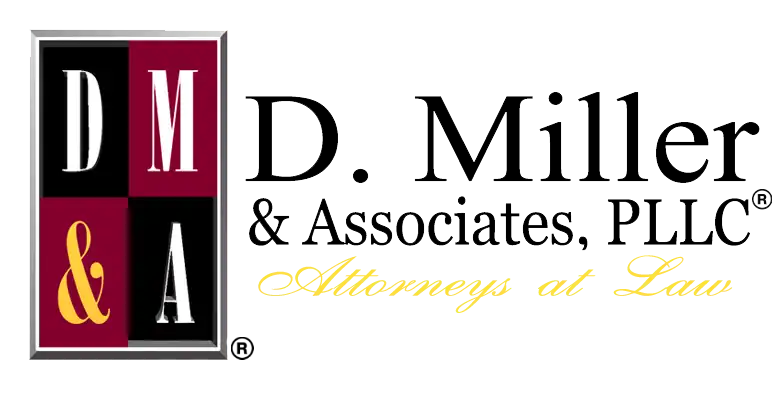The laws that outline how insurance claims work after a rideshare accident in Texas are anything but straightforward. Uber, Lyft, and other similar companies operate in a unique way, making these cases more complex than a car accident claim involving a traditional taxi.
At D. Miller & Associates, PLLC, our Pearland personal injury legal team knows how the insurance coverage should work after a rideshare accident, but we also know things do not always go smoothly. We can help you understand who should pay out, your options for filing a claim, and how to get the compensation you deserve if the insurance companies squabble and point fingers instead of paying you the money you need. We can handle the entire claims process for you, fighting for the best outcome possible based on the facts of your case.
Call us today at 713-850-8600 for a free case evaluation with an Uber and Lyft accident lawyer in Pearland.
Recoverable Damages in a Pearland Rideshare Accident
We can help you collect compensation for almost any type of expense or loss after a car accident, if an Uber or Lyft driver caused the crash. After we review your case, investigate your accident, and collect documentation to prove your damages, we can provide you with an accurate estimate of your possible payout.
Some of the most common types of damages we recover include:
- Medical care and related expenses;
- Lost wages and future lost income;
- Ongoing care costs or the cost of future care;
- Property damage, such as the repair or replacement of your vehicle;
- Related out-of-pocket expenses;
- Pain and suffering; and
- Wrongful death, if a loved one died in the crash.
Understanding the Complexities of Rideshare Accident Claims
Just a decade ago, the concept of a transportation company using independent contractors to offer rides was unheard of. While Texas has comprehensive laws in place to regulate traditional taxi companies, rideshare companies presented a number of legal hurdles. Finally, in 2015, Texas passed laws regulating insurance coverage for Uber, Lyft, and other rideshare companies operating in the state.
Under this law, each driver must have their own individual liability coverage. This policy pays out when they are not working and in limited circumstances when they are on the app. The rideshare company has an additional policy that offers coverage any time a driver has a rider or when their individual policy refuses to pay.
While this law ensures you do have a liability policy that covers you in the event of an accident a driver caused, determining who to file your claim with is still a headache. We can help you identify the policy in effect at the time of your accident and file your claim for you. Usually, the insurance company settles this type of claim out of court. Only occasionally do we need to file a personal injury lawsuit to recover compensation.
Understanding Uber and Lyft Accident Insurance Coverage
The key to determining which insurance policy covers you after a crash is to know whether the driver was working at the time of the accident and where they were in the rideshare process.
If the Driver Was Not Logged on the App
When a rideshare driver is not logged into the app, they are not working. This means their individual auto liability policy is in effect and should pay out to cover your medical care, lost wages, and other damages.
If the Driver Was on the App, but Looking for a Rider
When a rideshare driver logs into the app, the rideshare company’s insurance policy kicks in. However, it provides only contingency coverage until the driver pairs with a rider. If they are on the app but are still looking for a rider, their personal auto liability coverage is still the primary policy.
The rideshare company’s policy will payout when:
- The drivers’ insurance company denies your claim;
- The driver does not have auto insurance; or
- The driver’s personal policy does not cover the full extent of your damages.
Uber and Lyft provide contingency coverage that pays up to $50,000 per individual and $100,000 per accident, with an additional $25,000 in coverage for property damage.
If the Driver Was on the Way to Pick up a Passenger or Had a Rider
As soon as the driver pairs with a rider—meaning they are on the app and on the way to get a rider—the rideshare company’s insurance policy becomes the primary liability coverage. Uber, Lyft, and most other rideshare companies offer $1 million in liability coverage during this time. This policy covers not only the rider, but the occupants of other vehicles injured in a crash the rideshare driver caused.
This policy is in effect until the rider gets out of the vehicle and ends the ride on the app. Then, it reverts to contingency coverage until the driver pairs with another rider or logs off the app.
If You Were the Rideshare Rider
If your accident occurred while you were in a rideshare vehicle, there are several different situations you might face:
- If your driver caused the crash, the rideshare company’s liability policy is the primary coverage;
- If another motorist caused the accident, their liability insurance policy is the primary coverage; or
- If an uninsured or underinsured driver caused a collision, most rideshare companies provide uninsured/underinsured motorist coverage.
During our complimentary case review, we can explain who is liable for your rideshare accident damages and which insurance policy was in effect at the time of the crash. We will navigate the claims process for you and fight for the payout you deserve.
Talk to a Rideshare Accident Lawyer in Pearland Today
The Pearland Uber and Lyft accident attorneys at D. Miller & Associates, PLLC, can help you file an insurance claim or personal injury lawsuit to get the compensation you deserve after a rideshare accident. We offer free case evaluations and handle these claims on a contingency basis.
Call us at 713-850-8600 to get started today.

